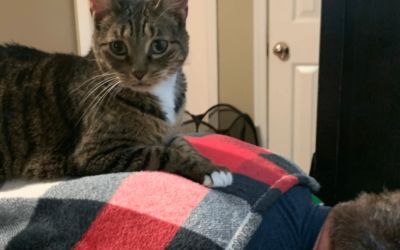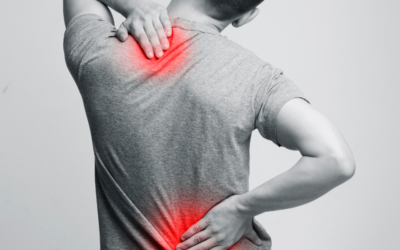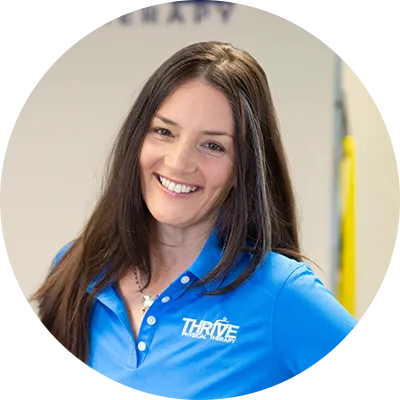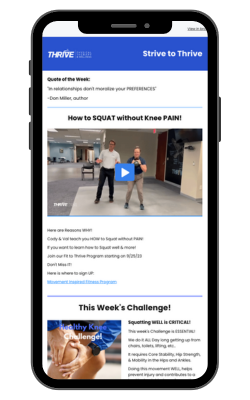Anxiety affects 19.1% of the population in the US!
The modern fast paced lifestyle, is an assault on our senses from digital devices.
We are able to operate from anywhere, work hours have expanded beyond the nine to five and into the weekend.
It is common place to feel stressed and lacking for time.
The opportunity to shut things down and rest is increasingly difficult to find.
A sustained kinetic pace and constant input speeds up the nervous system and biases us towards a “Fight or Flight” response.
Being perpetually “ON” without being equally adept at relaxation is not ideal. As it limits the ability to adapt favorably to stress, increases inflammation, and the body’s healing process is impaired.
“Perpetual busyness” is here to stay.
Finding a way to filter our focus, slow down, and recover amidst life’s chaos is necessary.
Our bodies accommodate and adapt to stress favorably through what we eat, drink, and how well we rest and recover.
Getting adequate sleep is the foundation of all of it as without it the wheels come off the bus!
But it’s not just about getting adequate sleep.
Balancing the nervous system
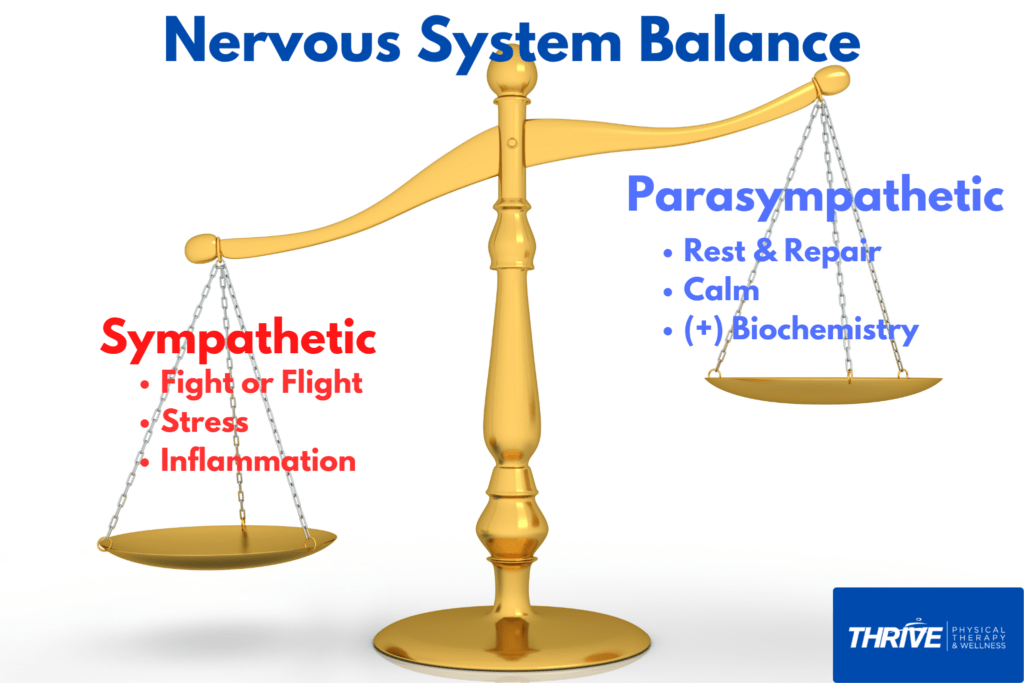 It is about being able to balance the nervous system and return to baseline after challenges. To avoid a perpetually elevated state and be able to relax on the fly and in the moment.
It is about being able to balance the nervous system and return to baseline after challenges. To avoid a perpetually elevated state and be able to relax on the fly and in the moment.
To remain calm through the turbulence, or to respond and then return to equilibrium.
The subconscious brain is responsible for self-preservation and keeping us alive.
It identifies real and perceived threats, which speeds up the nervous system through the fight or flight response. Adrenaline release elevates heart rate causing us to feel stressed and anxious.
The Parasympathetic autonomic nervous system works in the opposite direction to be able to “rest and repair”.
The slowing down response restores equilibrium saving energy.
When in an elevated state our bodies are tense and it’s harder to think clearly.
How do the pros manage stress?

Peak performance experts Jim Loehr and Tony Schwartz, authors of Power of Full Engagement, investigated the difference between top tennis players in the world versus lower ranked players.
Interestingly, thousands of hours of match video failed to reveal discernable differences between the two groups in what they were doing during the points.
What they found was the best of the best, were able to drop their heart rate an average of 20 beats per minute greater and they mentally reset more effectively between points than the lower ranked players.
The key was their ability to relax and breathe between points, which saved energy allowing consistent performance throughout the match.
The responsiveness of their nervous systems ability to return to rest rather than remain elevated as they played.
How we’re wired
Our subconscious nervous system is wired to detect real and perceived threats, activating the flight or fight response.
While actual physical threats such as being chased by a Saber Tooth Tiger is no longer likely, modern life bombards us with startling news, politics, etc.. having a similar effect on the body.
Whether the cause is physical, emotional, environmental, or perceptual the body responds the same way.
Cortisol a stress hormone secreted by the adrenal glands is elevated in the blood, speeding the system up preparing us to fight or run. Chronically elevated cortisol impairs the Immune System, increases inflammation, and is detrimental to the healing process.
Chronic pain and many health conditions have their origin in part due to a difficulty in returning the nervous system to a resting state.
The body responding to exercise through an elevated heart rate and then slowing back down promptly is an indicator of fitness. The quicker and more effectively is occurs generally the better.
Physical and emotional stress, challenges at work, etc.. have similar effects on the body. The nervous system responds biochemically by speeding up.
But unlike exercise and physical challenges life events and outside stressors have no clear ending point.
A signpost the threat has passed and now it’s ok to lower our guard.
Our focus and thoughts can help or hinder this process.
If worries and concerns are the prevailing focus, the alert system will remain “ON”.
Balance is everything
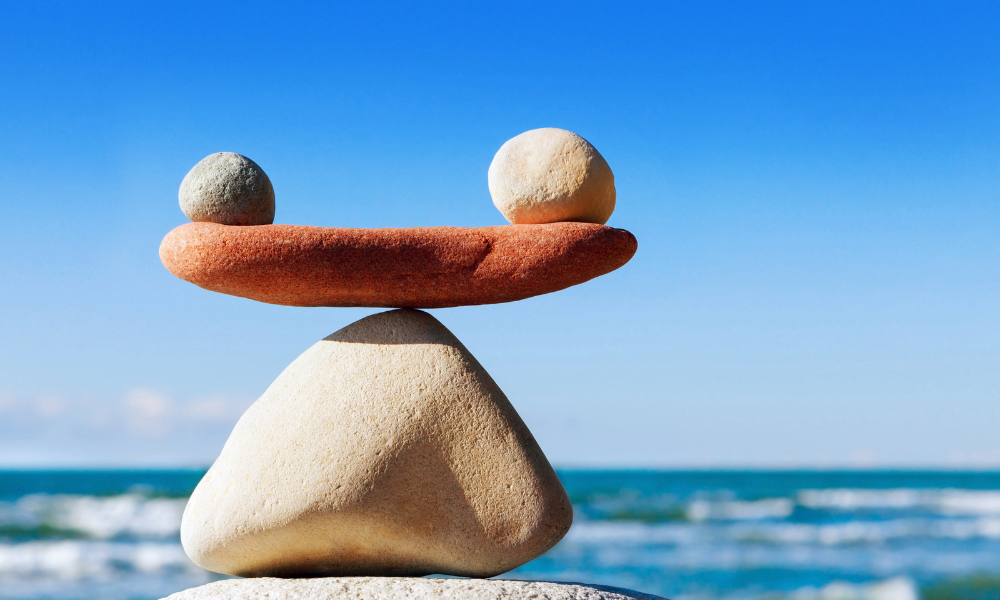
Developing the ability to Relax & Restore, and sustain a favorable balance throughout the day.
To build skill in being present and aware, to be able to reset and think clearly through life’s challenges is the goal.
Having a resilient mindset,
is not about blind optimism or maintaining a positive outlook on things that don’t go your way.
But rather being able to view the situation objectively and recognize how it is affecting you. To be able to reset and shape your thought process and internal environment towards what will serve you.
To be able to pull yourself out of unfavorable emotions and to think and act clearly in keeping with who and what you want be.
Getting adequate sleep is critical as without it the wheels come off the bus!
Consistently getting 7-8 hours of sound sleep is step one.
Being able to balance the nervous system and return to baseline after challenges is an equally important skill.
To install moments of rest and relaxation while in motion during your day and to avoid a perpetually elevated state.
Taking a few minutes to breathe deeply and clear your thoughts a few times a day wherever you are. Ideally in a comfortable position while at your desk, in the car, outside, or when in transition.
Returning BALANCE after Challenges is CRITICAL
Learn to Recover, Relax, and Restore calm
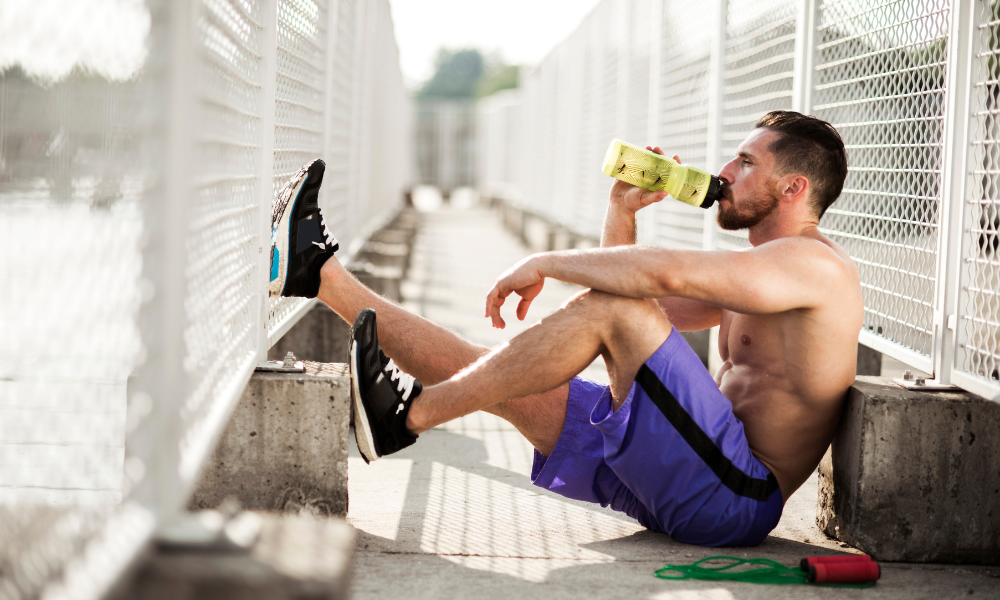
Here are the Steps:
- Have a PLAN
- Install MOMENTS of Rest & Relaxation during your day
- Take 60 Seconds to Breathe
- Clear Your Mind
- Sleep
- Quality Nutrition & Water
Need HELP Building Healthy HABITS?
Don’t Stay stressed or stuck… We Have the Professionals & Programs To REACH Your Goals 🙂
